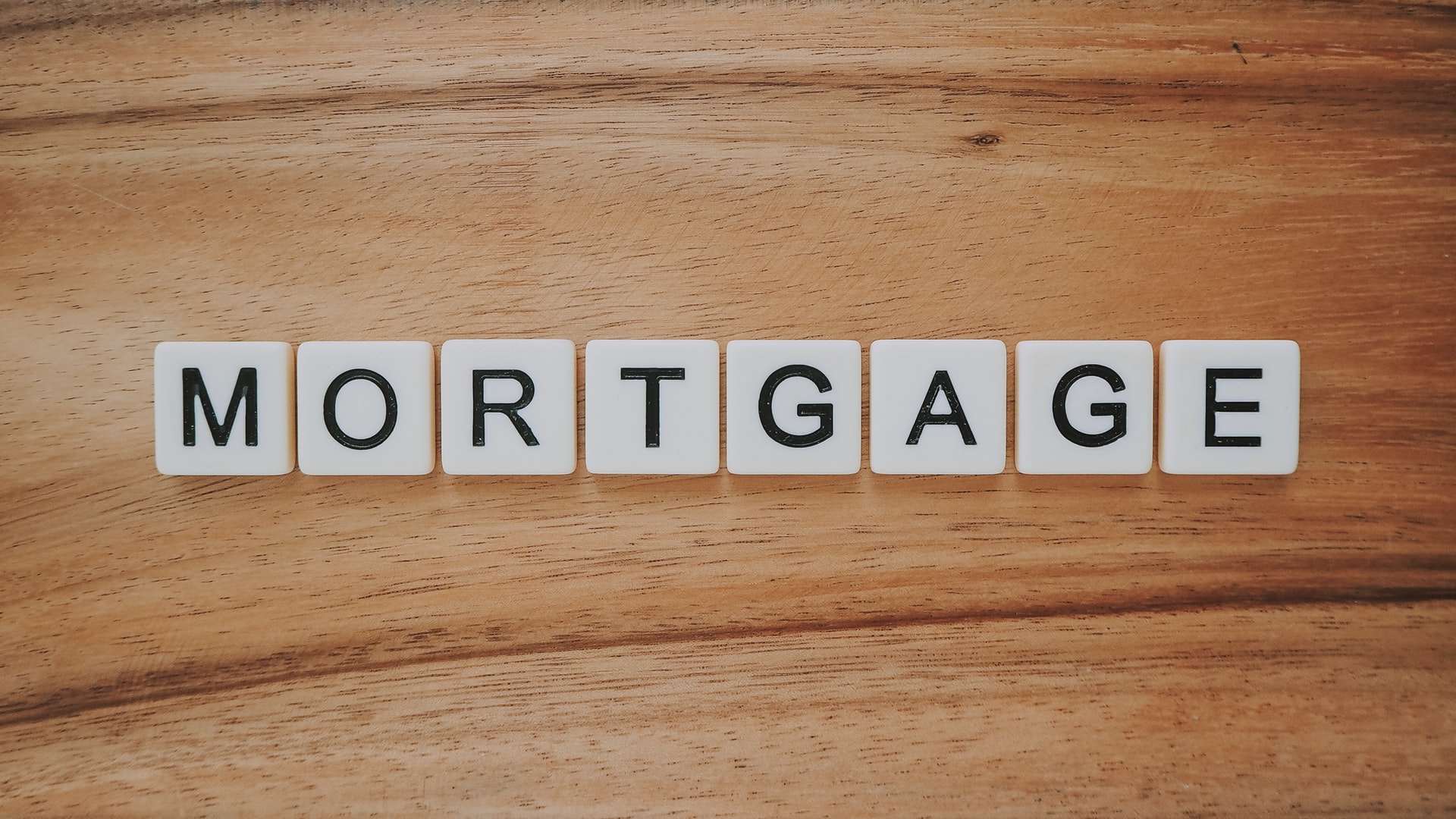If you have bad credit, you might think that it’s impossible for you to get a mortgage. But this doesn’t have to be true. While it’s not easy, and comes with some caveats, there are certain lenders who deal in bad credit mortgages. In this article we’ll be talking about bad credit mortgages, their upsides and downsides, and how you can get one.
What's Included?
What is bad credit?
As discussed last week, your credit report is a major determining factor in whether or not a lender chooses to lend to you. Your lender uses statistical analysis of your financial history to work out if you are trustworthy. They then choose if you should get a loan, based on the advisory result.
Many things can negatively affect your credit report.
- If you have declared bankuptcy in the last six years
- If you have defaulted on a previous loan (missed a loan payment) in the last six years
- If you have been handed a County Court Judgement (CCJ) for debt in the last six years
- If you currently have an Individual Voluntary Arrangement (IVA) for debt, or have had one in the last six years
There are other factors that can negatively affect your credit. For example, you can fail to build enough of a credit reputation for lenders to know whether to trust you.
However, this is something easily fixed. Truly bad credit, that is, credit that is impacted by legal troubles or financial problems, is different, as usually, it can only be cleared by the passage of time.
So, what are your options if you are in such a position?
Who offers bad credit mortgages?
All lenders have different criteria for lending to people with bad credit. Some refuse to do it outright, some will do it within certain criteria, and some specialise in it. Start by researching bad credit mortgage providers.
Some names you may recognise that consider bad credit mortgages include Barclays, the Halifax, Metro Bank, the Royal Bank of Scotland and Santander.
Additionally, there are a number of smaller building societies and lenders who also consider bad credit mortgages, including the Bank of China, Skipton Building Society, and Yorkshire Building Society.
Bad credit mortgage requirements
Some bad credit mortgage lenders will merely consider your application. Others will allow you to take out a mortgage with them, provided that you fit certain criteria. Most commonly:
- you must not have had a CCJ or an IVA over a certain amount, OR
- you must not have defaulted on a loan, AND
- within a certain amount of time (three to six years) before making your application.
Additionally, if you have had a bankruptcy in the last few years, make sure it is outside the criteria before you apply.
After this, the process of applying for a bad credit mortgage is the same as any other. Find a house within your price range and then apply to borrow the required amount from your bank.
Bad credit mortgages for first-time buyers will often be 95% LTV, meaning you will need 5% of the property’s value to deposit.
How to get a bad credit mortgage
Here’s a quick rundown of things to do before you apply.
- Find a broker. There are many brokers that deal in bad credit mortgages. Look for an FCA-accredited bad mortgage broker on the Web and talk to them about your financial situation. They’ll be able to help find you the best deal for your financial circumstances.
- Take a look at your credit report. The first thing you need to know is what exactly lenders see when you ask to borrow. Once you have a picture of what needs fixing, you can get a much clearer picture of what to do next. Go to one or more of the main Credit Reference Agencies in the UK and get your report. You can also examine your report for any errors, and make sure that any outstanding issues are cleared up and taken off the report.
- Fix your credit and start saving up for a deposit. If you join Credibble today, you can find out where you stand on your credit and deposit. Credibble has a unique 24-Factor Credit Check that tells you clearly where your credit sticking points are. You can quickly find out what you need to do to start building or repairing your reputation. What’s more, it tells you exactly how much you need to save and gives you guidance on how much to put away each month.
- Don’t make multiple applications in a short space of time. When you ask to borrow money, lenders conduct “hard credit searches”, which will appear on your credit report. When other lenders see that multiple searches have been made in a short space of time, they might get antsy. Be sure to avoid making an application until you’re certain your affairs are in order.
Some caveats
Bad credit mortgages are useful if you really need to buy a home as soon as you can. If you can’t wait for your credit history to clear and to build a better credit reputation, they can be life-saving. However, that doesn’t mean they don’t come with a few catches and cons.
The biggest stumbling block is that you’re almost certainly not going to get the best deal possible. In the eyes of lenders you’re not as trustworthy as some borrowers. Therefore, they need some additional assurance that you can pay what you borrow.
You can therefore expect to pay higher rates, meaning you’ll be making larger interest payments than other people. You may also be expected to pay a larger deposit, though this is usually not the case for first-time buyers.
While these are not insurmountable issues, they are definitely caveats to consider carefully when looking to borrow.
Bad credit isn’t for life – you can eventually repair your reputation. But if you’re in a position in life where renting or living with relatives is not an option, then bad credit mortgages can be a way out. Really, it’s down to you to work out what’s best for you.
Credibble offers two fabulous solutions.
If you’re preparing to take a mortgage, never apply until you’ve tried our unique and FREE Credibble Home app. Our smart technology will tell you what you need to fix so you avoid rejection. The app predicts when you will be able to buy, for how much and tracks your month-by-month progress to mortgage success. We’ve even added your own mortgage broker, so you get the best deals available.
More focused on your credit rating? Well, get started for free with Credibble’s 24- Factor Credit Check to truly help you improve your creditworthiness and how lenders view you. (Remember: lenders don’t use your credit score! We’ll show you what lenders look for and how to get your credit report in the best shape possible).






